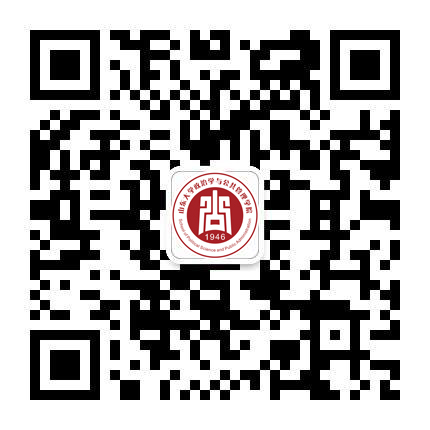摘要:Based on an examination of a corpus comprising 244 letters authored by Chinese women residing in Wangxia, a rural district within Guangdong province, to their emigrant family members settled in Arizona, the United States from the 1910s to 1920s, this article posits that the phenomenon of being left-behind constituted a pivotal catalyst for the social and economic empowerment of women within rural contexts, fostering heightened self-awareness and autonomy. These accounts of their personal experiences, emotions, and reflections on gender relations document the awakening initiative and self-empowerment of ordinary women in the first half of the twentieth century. On the one hand, the absence of male authority in the family caused by the exclusive emigration of males out of villages created space and conditions for women's independence and autonomy; on the other hand, transnational epistolary communications with emigrants empowered these women to control remittances and enabled them to increase their families' fortunes, which further stimulated their desire for economic independence and education. These women's letters offer rich historical testimony to the reality that an awareness of gender equality and female empowerment were the result of the Chinese women's own initiative.
关键词:WomeninitiativeletterscorrespondenceauthorityemigrationChinathe United States
DOI:10.1080/09612025.2024.2393022
原文刊载于:WOMENS HISTORY REVIEW ,AUG 2024
WOS链接:https://webofscience.clarivate.cn/wos/woscc/full-record/WOS:001294859800001

 扫一扫
扫一扫